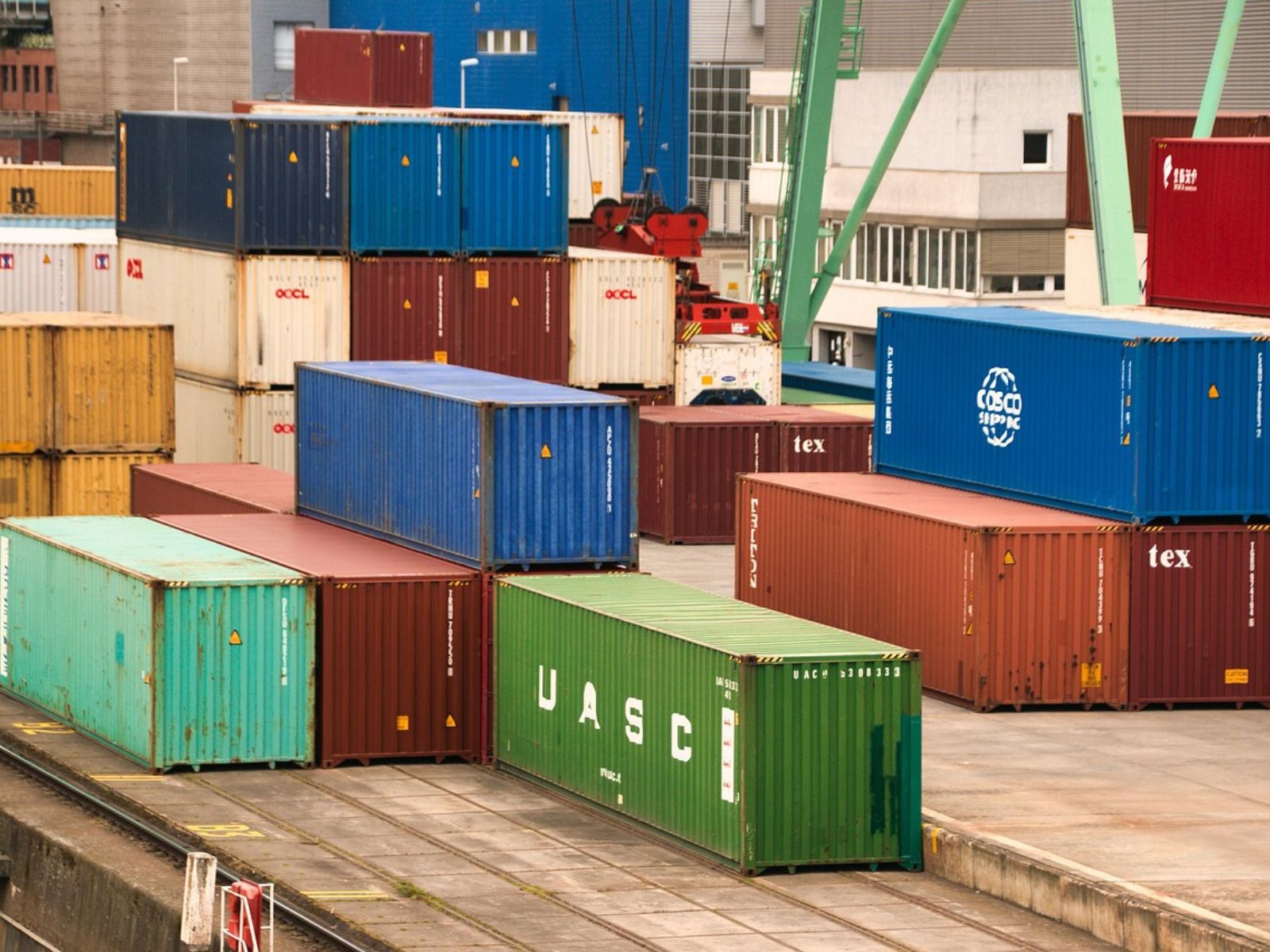
Demecan’s Successful Series A Financing Round Is A Major Milestone For Germany’s Domestic Cannabis Industry

Demecan’s Successful Series A Financing Round Is A Major Milestone For Germany’s Domestic Cannabis Industry
Germany’s medical cannabis industry is increasing in size with every passing quarter. The profit potential for the nation’s emerging medical cannabis industry is significant considering that Germany is home to the largest economy in Europe and has more than twice the population of California.
For obvious reasons, Germany has been a very popular target for cannabis exports from other countries, including exports from Canada, Australia, Colombia, Portugal, and Uruguay.
Only one German-based company has permission to cultivate medical cannabis domestically. That company is Demecan. The Berlin startup recently completed a Series A financing round in which it raised €7 million to expand its ability to produce wholesale cannabis for the German medical cannabis market.
Demecan is expected to use the financing to ramp up cultivation, with an estimated output of at least 2,400 kilograms of dried cannabis flower over the course of the next four years.
Demecan may not be 100% German-owned (Canada’s Wayland Group owns 50% of Demecan), however, the recent financing is still very significant because it will help increase the amount of domestically cultivated cannabis in Germany in a way that results in wholesale revenues staying in Germany.
The German medical cannabis market possesses tremendous profit potential, yet it’s extremely important to keep in mind that revenues will be split up into various slices. As the slice for German-owned companies gets larger the slice for everyone else obviously becomes smaller.
Investors and entrepreneurs will have to adjust their strategies accordingly. That’s not to say that they should abandon efforts to gain market share in Germany altogether, because after all, the German medical cannabis industry is going to be huge.
However, it’s absolutely worth keeping a close eye on the situation to see how successful domestic production ultimately becomes in Germany.
Domestic cultivation could prove to be more advantageous for various reasons compared to importing cannabis. One of the biggest reasons why is that domestic cannabis, and products derived from domestically cultivated cannabis, could prove to be considerably more popular among patients.
The demand for cannabis in Germany is going to continue to increase well into the foreseeable future. Recent data regarding reimbursements by statutory health insurers in German shows that for the April-June 2019 period sales reached roughly 29.5 million euros – a 20% increase over the previous quarter. That upward trend will continue.
Germany is currently the largest importer of cannabis on the planet. As domestically cultivated cannabis makes its way into the German medical cannabis market, it will have a big impact on the international cannabis industry.
International cannabis companies have been awarded licenses to cultivate medical cannabis within Germany’s borders, so it’s not as if German-based cannabis companies have a monopoly on cultivation.
However, Demecan’s successful series A financing round is still a huge milestone for the emerging German medical cannabis industry. Reliance on imports could reduce significantly in the coming years.
If Demecan puts their new funding to good use, and its domestic cannabis cultivation model succeeds in Germany, more funds will likely be on the way. That could have a butterfly effect on plans by international companies, with those companies scaling back their plans in Germany.
The domestic cultivation model could also be adopted elsewhere in Europe if Demecan is successful going forward, which would impact additional pursuits of international companies throughout the continent.
Of course, if Demecan fails to meet expectations due to a multitude of potential factors, that could result in other governments and investors opting to support industry models that are more reliant on imports.
A lack of supply is something that patients, lawmakers, and regulators in Germany want to avoid. That will also be true in other European countries as they ramp up their industries.
The supply for Germany’s medical cannabis industry will obviously come from somewhere, the question that will ultimately be answered by the passing of time is what amount of that supply will originate from domestic sources versus what amount will be imported?
The success or failure of Demecan will have a big impact on what opportunities will be available in Germany in the coming years, and possibly in other countries.
The Demecan situation will result in winners and losers. Which side of the equation will those winners and losers fall on? We will all have to wait and see. In the meantime, keep a close eye on the matter as it develops in order to make informed investment decisions in Germany and beyond.
Share article


Share article
Join Our Awesome Community
Join Our Awesome Community
Join Our Awesome
Community
Get all the latest industry news
delivered to your inbox






